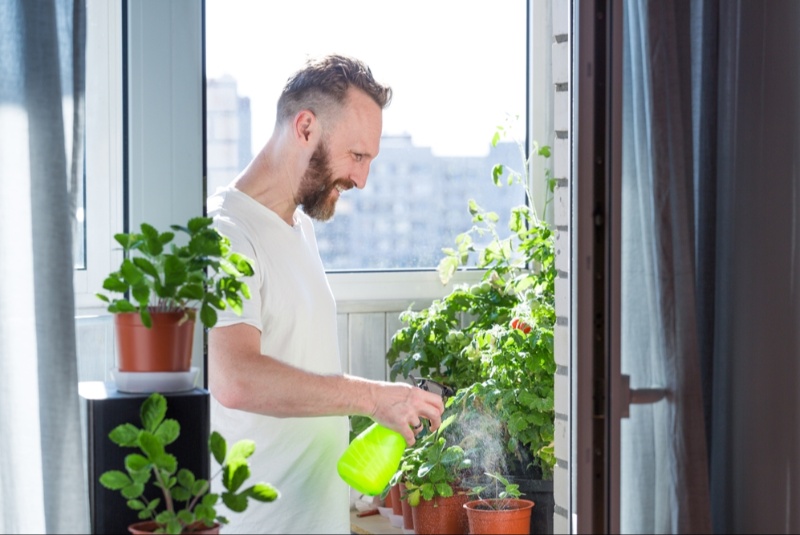In the midst of sprawling cities and bustling urban landscapes, a green revolution is taking root. As the world faces increasing challenges related to food security and environmental sustainability, urban dwellers are rediscovering the joys and benefits of farming within city limits. This renaissance of city farming is not just a throwback to yesteryears, but a futuristic vision where urban spaces harmonize with nature. Welcome to the world of the Urban Farmer.
From Concrete to Compost: The Shift in Urban Consciousness
The age-old image of farming paints a picture of vast open fields, rolling hills, and pastoral scenes. However, modern urban farming is a testament to human adaptability and ingenuity. Across city rooftops, in empty lots, and even on apartment balconies, greens are sprouting and tomatoes are ripening under the watchful eyes of city farmers.
The move to grow food in the city stems from several motivations. For some, it's the desire for organic, fresh, and local produce. For others, it's a push towards self-sufficiency and reducing carbon footprints. However, underlying these motivations is a shared consciousness about the fragile state of our planet and the need to connect with the cycles of nature, even in a metropolis.
Benefits of Urban Farming
- Fresh and Nutritious Produce: The difference in taste between a freshly picked tomato and one that's traveled hundreds of miles is undeniable. Urban farming guarantees the freshest produce, packed with nutrients, right at one's doorstep.
- Environmental Impact: Urban farming reduces the carbon footprint associated with transporting food. Moreover, green spaces in cities act as carbon sinks, improving air quality and countering urban heat island effects.
- Economic Savings: Growing your own food can significantly cut down grocery bills. For families and individuals on a budget, this can be a game-changer.
- Mental Health: Tending to plants, watching them grow, and being in touch with soil has therapeutic effects. Urban farming can be a stress buster, promoting mental well-being.
- Community Building: Community gardens have sprouted in numerous cities, fostering camaraderie and collaboration. These shared spaces not only provide fresh produce but also strengthen social bonds.

Challenges and Solutions
While the advantages are plentiful, urban farming is not without its challenges. Space constraints, polluted soils, and lack of expertise can deter aspiring urban farmers.
However, innovative solutions abound:
- Vertical Farming: Making use of vertical spaces, such as walls and terraces, can significantly increase the growing area.
- Hydroponics and Aquaponics: These soil-less cultivation methods utilize nutrient-rich water to grow plants, making them perfect for areas with polluted or non-arable soil.
- Urban Farming Workshops: Numerous organizations now offer workshops to help urban dwellers kickstart their farming journey.
Embarking on the Urban Farming Journey
If you're considering joining the ranks of urban farmers, here are some steps to get started:
- Assess Your Space: Whether it's a balcony, a rooftop, or a shared community plot, understanding your space will dictate what you can grow.
- Start Small: Begin with easy-to-grow plants like herbs or salad greens. As your confidence grows, you can expand your urban farm.
- Seek Community: Join local urban farming groups or forums online. The support, tips, and tricks from fellow city farmers can be invaluable.
- Learn Continuously: Farming is a journey of discovery. Read books, attend workshops, and learn from your mistakes.
The rise of the urban farmer is a testament to humanity's inherent need to connect with nature and our capacity to adapt. By embracing urban farming, we're not just cultivating plants but also sowing seeds for a sustainable and harmonious future. Whether it's a single pot of basil on a windowsill or a rooftop filled with vegetables, every small effort contributes to a greener, healthier, and more connected world.




